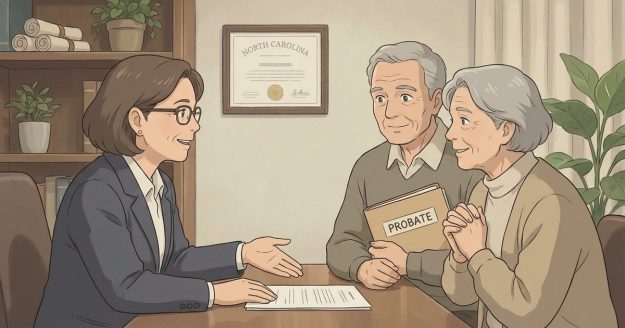If the estate sells the house to pay debts, how are the remaining proceeds divided between heirs and anyone making claims? NC
If the estate sells the house to pay debts, how are the remaining proceeds divided between heirs and anyone making claims? – North Carolina Short Answer In North Carolina, when an estate sells a house to pay debts, the sale proceeds are generally used first to cover the costs of the sale and estate administration…











